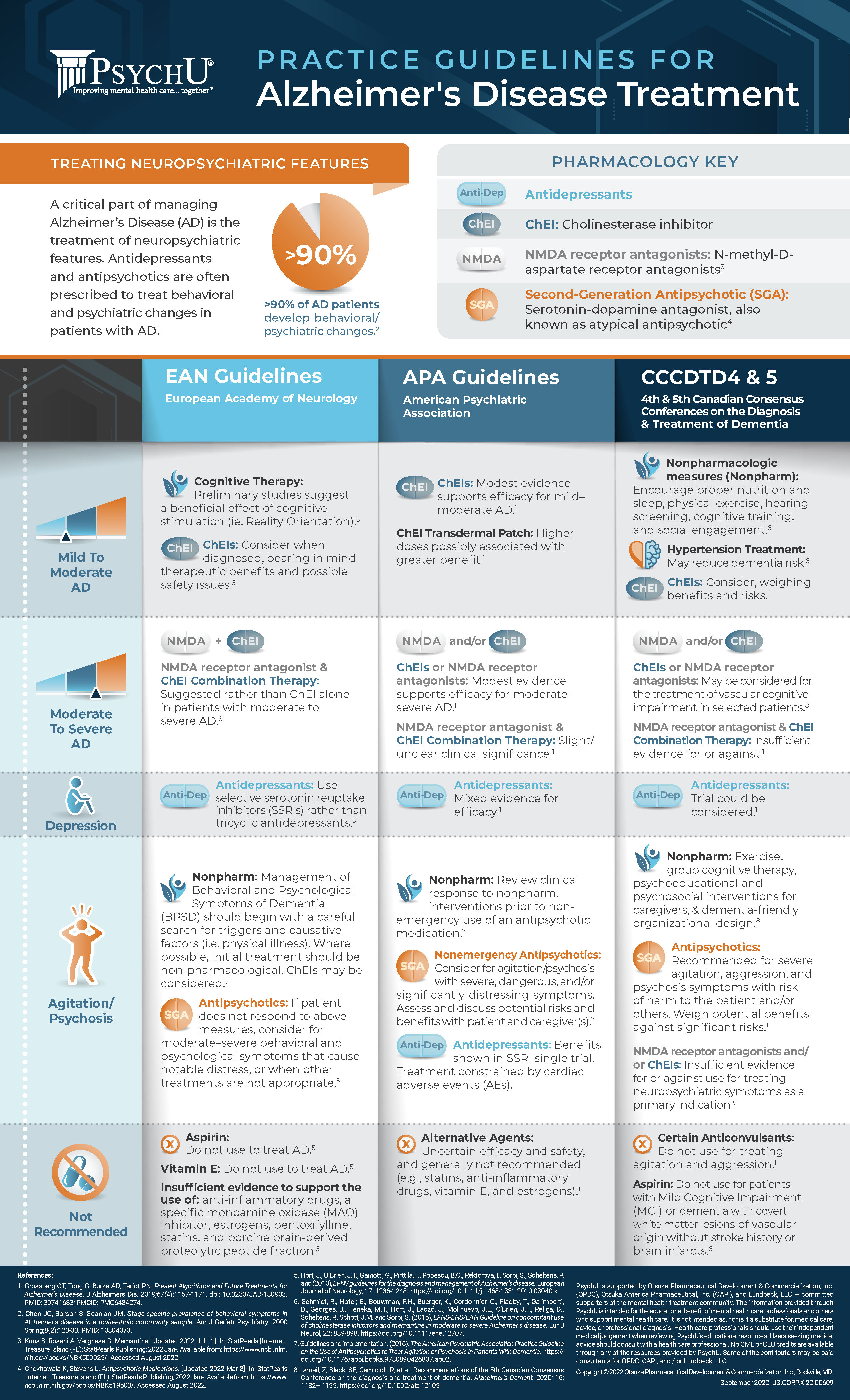
Breakthrough Discovery Challenges Alzheimer’s ParadigmsBreakthrough Discovery Challenges Alzheimer’s Paradigms A groundbreaking study by researchers at the University of California, Berkeley, has unveiled startling revelations that challenge long-held beliefs about Alzheimer’s disease, a debilitating neurodegenerative disorder. Challenging the Plaque Hypothesis For decades, the prevailing theory has centered on the accumulation of amyloid-beta plaques in the brain as the primary cause of Alzheimer’s. However, the new study suggests that this may not be the whole story. Using advanced imaging techniques, the researchers discovered that amyloid-beta plaques can be present in the brain without leading to cognitive decline. This observation contradicts the traditional view that plaques are the sole culprit. Inflammation as a Key Factor Instead, the study points to inflammation as a crucial factor in the development of Alzheimer’s. Researchers found that individuals with higher levels of a specific inflammatory molecule, interleukin-1β (IL-1β), had an increased risk of cognitive impairment and brain atrophy. Targeting Inflammation for Intervention This discovery opens up new avenues for potential treatments. By understanding the role of inflammation in Alzheimer’s, researchers can focus on developing therapies that target and reduce inflammation. Redefining Alzheimer’s Progression The study also challenges the linear progression model of Alzheimer’s. Researchers observed that inflammation precedes amyloid-beta deposition, suggesting that the disease may follow a different trajectory than previously believed. Implications for Diagnosis and Treatment These findings have significant implications for diagnosing and treating Alzheimer’s. The focus may shift from amyloid-beta as the sole biomarker to a more comprehensive assessment that includes inflammatory markers. Moreover, the study emphasizes the importance of addressing inflammation as a potential therapeutic target. Novel treatments that modulate inflammation could slow disease progression and improve cognitive outcomes for patients. Conclusion The new study by researchers at the University of California, Berkeley, fundamentally challenges long-held beliefs about Alzheimer’s disease. By highlighting the crucial role of inflammation, it opens up new avenues for research and potential therapies. This groundbreaking discovery could revolutionize the understanding, diagnosis, and treatment of this devastating disorder.
Posted inNews